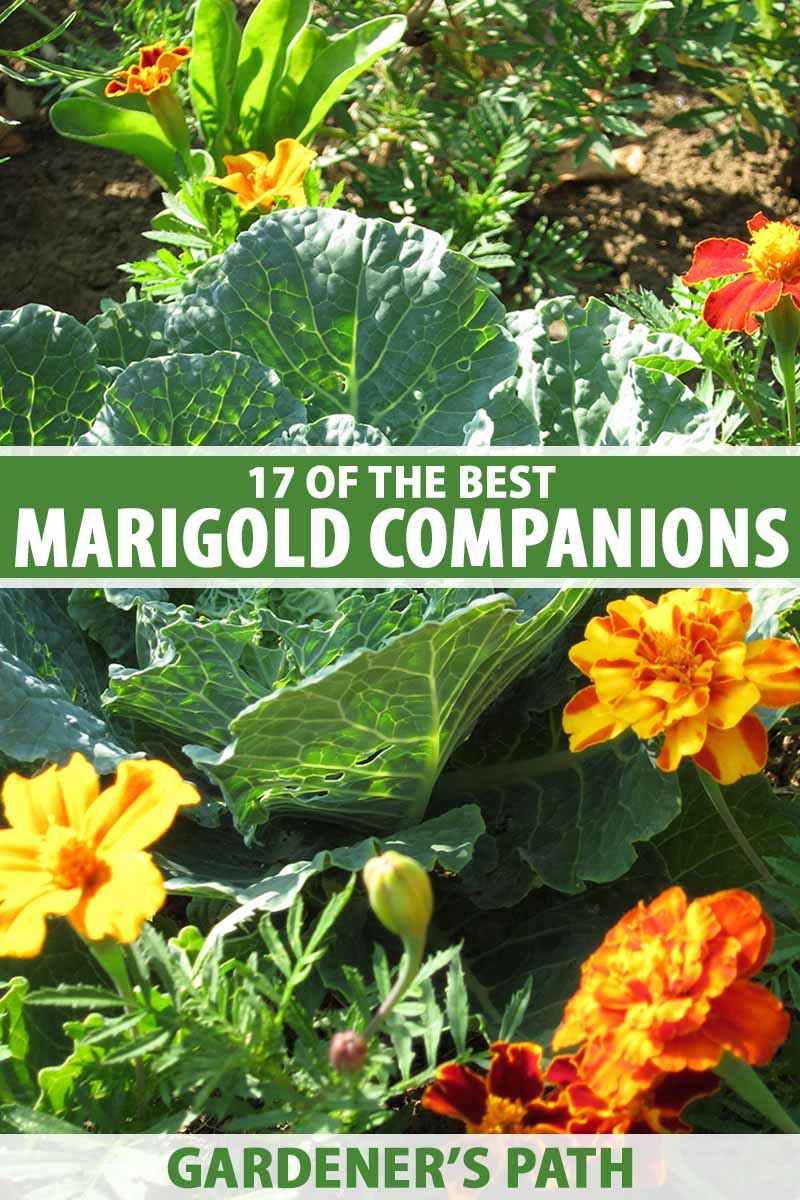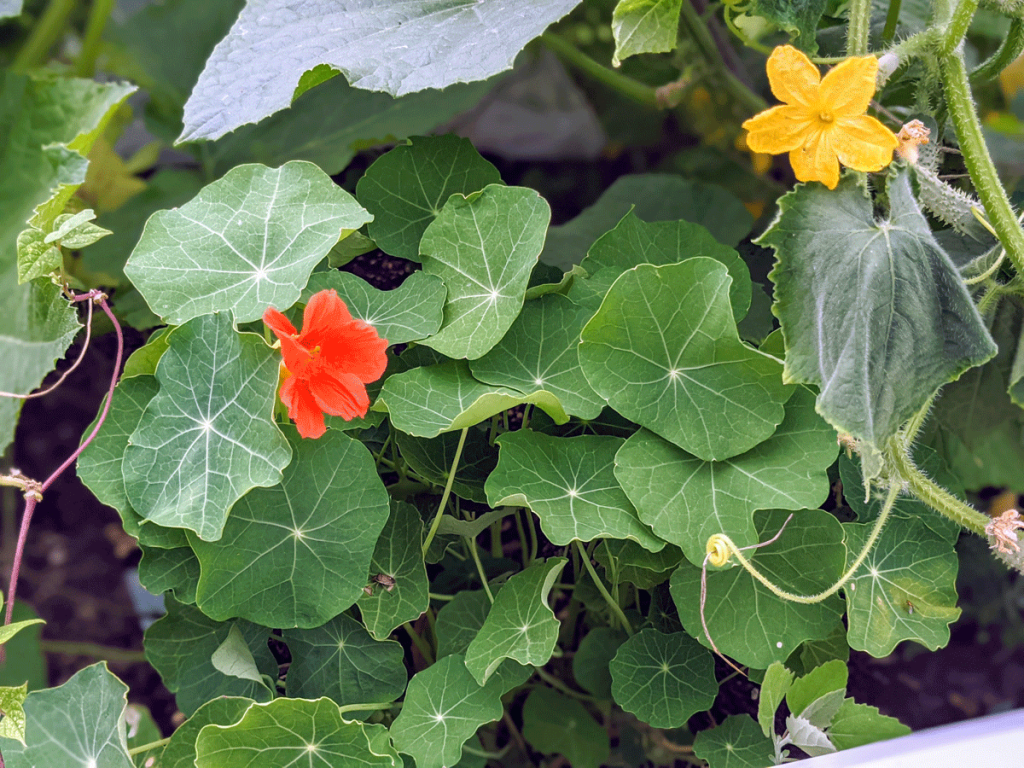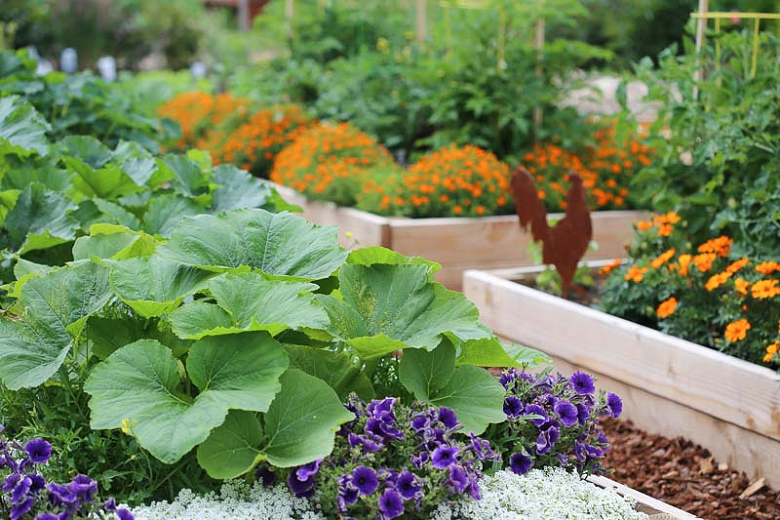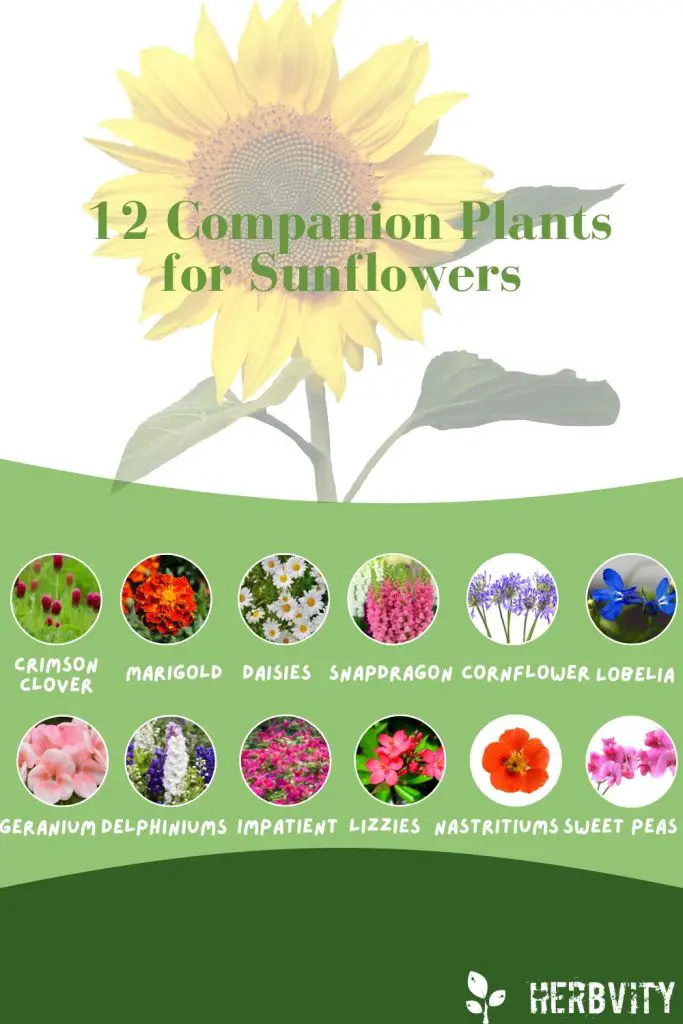Flowers That Will Make Your Vegetable Garden Thrive
Flowers That Will Make Your Vegetable Garden Thrive
Growing a vegetable garden is a rewarding experience, but it can also be a lot of work. One way to make your vegetable garden easier to care for and more productive is to plant flowers alongside your vegetables. Flowers can help to attract beneficial insects, deter pests, and improve the overall health of your garden.
In this blog post, we will discuss some of the best flowers to plant in your vegetable garden. We will also provide tips on how to companion plant flowers and vegetables for the best results.
Benefits of Planting Flowers in Your Vegetable Garden
There are many benefits to planting flowers in your vegetable garden. Here are a few of the most important ones:
- Attract beneficial insects: Flowers attract beneficial insects, such as ladybugs, bees, and butterflies. These insects help to control pests that can damage your vegetables.
- Deter pests: Some flowers have a strong scent that deters pests. For example, marigolds are known to repel nematodes, which are microscopic worms that can damage the roots of vegetables.
- Improve soil health: Flowers can help to improve the overall health of your soil. They can add nutrients to the soil, help to break down organic matter, and attract earthworms.
- Make your garden more attractive: Flowers can add a touch of beauty and color to your vegetable garden. They can also help to create a more inviting space for you to enjoy.
How to Companion Plant Flowers and Vegetables
Companion planting is a gardening technique that involves planting certain plants together for their mutual benefit. When companion plants are grouped together, they can help to improve each other's growth and deter pests.
There are many different companion planting combinations that you can try. Here are a few examples:
- Marigolds and tomatoes: Marigolds are known to repel nematodes, which can damage the roots of tomatoes. Planting marigolds near tomatoes can help to protect them from this pest.
- Cosmos and cucumbers: Cosmos attract beneficial insects, such as ladybugs, which help to control cucumber beetles. Planting cosmos near cucumbers can help to reduce the number of cucumber beetles that damage your plants.
- Nasturtiums and beans: Nasturtiums attract aphids, which are a common pest of beans. Planting nasturtiums near beans can help to attract these pests away from your beans.
Tips for Planting Flowers in Your Vegetable Garden
When planting flowers in your vegetable garden, there are a few things you need to keep in mind:
- Choose the right flowers: Not all flowers are created equal. Some flowers are better suited for vegetable gardens than others. When choosing flowers to plant in your vegetable garden, look for flowers that are known to attract beneficial insects, deter pests, or improve soil health.
- Plant the flowers in the right place: Flowers need the same sunlight and water requirements as your vegetables. Make sure to plant the flowers in a location that gets the same amount of sunlight and water as your vegetables.
- Space the flowers properly: Flowers need room to grow. Make sure to space the flowers far enough apart so that they have enough room to spread out.
- Water the flowers regularly: Flowers need regular watering, especially during hot, dry weather. Make sure to water the flowers deeply and regularly.
- Fertilize the flowers occasionally: Flowers benefit from occasional fertilization. You can fertilize the flowers with a balanced fertilizer once a month.
Conclusion
Planting flowers in your vegetable garden can help to make your garden more productive and attractive. By choosing the right flowers and planting them in the right place, you can attract beneficial insects, deter pests, and improve the overall health of your garden.
Companion planting is a gardening technique that involves planting certain plants together to benefit each other. This can be done with vegetables, herbs, and flowers. Some good companion flowers for vegetable gardens include:
- Marigolds. Marigolds are known for their insect-repelling properties. They can help to deter pests such as aphids, whiteflies, and beetles.
- Nasturtiums. Nasturtiums are another flower that is known for its insect-repelling properties. They can also attract beneficial insects, such as ladybugs and lacewings, which help to control pests.
- Borage. Borage is a flowering herb that is said to attract bees and other pollinators. It can also help to improve the flavor of vegetables, such as tomatoes and cucumbers.
- Lavender. Lavender is a fragrant herb that can help to repel pests and attract pollinators. It can also help to improve the soil quality in your garden.
- Sunflowers. Sunflowers are tall plants that can provide shade for smaller vegetables, such as lettuce and spinach. They can also help to attract beneficial insects, such as birds and butterflies.
If you are interested in learning more about companion planting, I recommend visiting the website Gardenia Inspiration. This website has a wealth of information on the topic, including a list of good companion flowers for vegetable gardens.
Image of good companion flowers for vegetable garden
5 different images of good companion flowers for vegetable gardens:
- Marigolds are a popular choice for companion planting because they repel pests like nematodes, aphids, and whiteflies. They also attract beneficial insects like ladybugs and lacewings.

- Nasturtiums are another good choice for companion planting. They attract pollinators like bees and butterflies, which can help to improve the pollination of your vegetable plants. They also deter pests like aphids and spider mites.

- Calendula is a flowering herb that can repel pests like mosquitoes, flies, and beetles. It also attracts pollinators like bees and butterflies. Calendula can also improve the flavor of tomatoes and other vegetables.

- Borage is a flowering herb that attracts pollinators like bees and butterflies. It also helps to improve the growth of tomatoes and other vegetables. Borage can also deter pests like cabbage moths and slugs.

- Sunflowers are not only beautiful flowers, but they can also be beneficial companion plants for vegetables. They attract pollinators like bees and butterflies, which can help to improve the pollination of your vegetable plants. Sunflowers can also help to deter pests like rabbits and deer.

Post a Comment for " Flowers That Will Make Your Vegetable Garden Thrive"